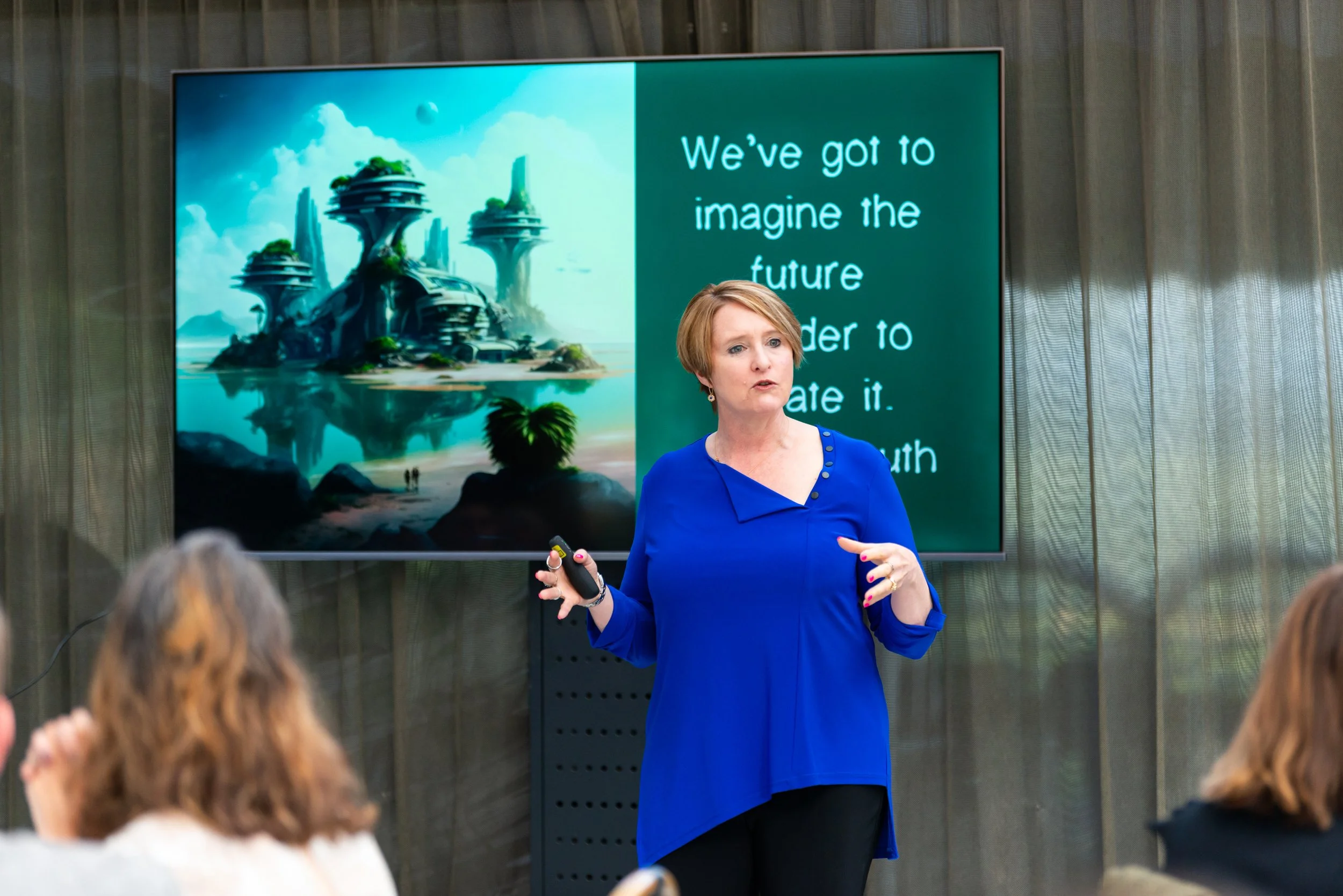Greg was a participant in a leadership program. We were discussing how to build rapport with team members. I had suggested we get real and talk about our feelings.
“Tell us how you feel.”
Greg shifted uncomfortably in his seat.
“Nah. I don’t do feelings.”
Greg declined.
Understanding emotions as a leadership strength
In Greg’s world, feelings were private, not to be shared. From his point of view, feelings had no place in the workplace, and certainly not from the leader.
I hear this a lot in agriculture and construction industries. If you’re going to lead a ragtag group of action-oriented doers, then you need to get on the job. Show them who’s boss by being firm and stoic.
Here’s what Greg and other old-school command and control leaders miss. People don’t operate independently of feelings; feelings are along for the ride, every time.
What many are afraid of is that the emotions will jump into the driver’s seat and run recklessly through the team traffic.
It’s not an unreasonable fear. Not all of us are good at managing our emotions. But suppressing and ignoring them? Not good either.
In their book, No Hard Feelings - The secret power of embracing emotions at work, L. Fosslien and M. West Duffy talk about different types of ‘emoters’, how people express and experience their emotions. They say that folks generally over, under or even emoters. I’ve expanded their thinking a little into four different types of emoters.
Feelings are at the heart of people stuff
HOT:
You’re an over-emoter, meaning you feel things strongly and express them visibly and verbally. People will be attracted to your enthusiasm and energy. They may also be put off by your emotional intensity and perceive you as a little volatile and unpredictable.
Your main opportunity: Practice taking a breath and pausing before you respond. Get your feelings out of the driver seat, and into the passenger seat.
ICY:
You’re a closed emoter. Like Greg, you feel things strongly, but keep it fairly private. People see you as intense and focused, but are wary of you. Those suppressed feelings sometimes leak out in snappy comments.
Your main opportunity: Be careful not to bottle up your feelings as it may start to affect you in unhealthy ways. Practice noticing when you feel emotions in your body. By paying attention to the emotions, they will feel less intense. Start naming your emotions. After you calm down, practice sharing with others what you are feeling and why. Stop your feelings from being backseat drivers by acknowledging them.
COLD:
You’re an under emoter, meaning you feel things less strongly and don’t express them much. People may come to you for help and advice as you will be able to work through it calmly and rationally. It's also hard for people to read you, and they may mistake your calmness for lack of enthusiasm. People find it hard to read and get to know you, and therefore may find it hard to trust you.
Your main opportunity: Though you can get visibly excited, you may rein in and temper your emotions. Practice identifying your emotions and sharing with others what you are experiencing and why especially where this may lead to normalising other people's feelings or creating a sense of openness about difficult circumstances.
WARM:
You’re an open-hearted emoter. You feel things, experience them, acknowledge them, and share them when appropriate. People see you as approachable, even-keeled, and warm. You model emotional mastery - well done!
Your main opportunity: You may need to dial up enthusiasm from time to time to infuse those you lead with a sense of excitement and passion. Be mindful that not everyone has learned how to manage their emotions well, and you may need to be patient and encouraging to help them learn and feel safe to do so.
What kind of emoter are you? Do you think that emotions need to be hidden in the workplace or openly shared? What has worked and not worked for you?
***
Related Articles:
How do I deal with emotions in leadership?
How to deal with the four devils of people stuff
When other people ruin your day
***
About the author, Canberra leadership expert Zoë Routh:
Zoë Routh is one of Australia’s leading experts on people stuff - the stuff that gets in our way of producing results, and the stuff that lights us up. She works with the growers, makers, builders to make people stuff fun and practical.
Zoë is the author of four books: Composure - How centered leaders make the biggest impact, Moments - Leadership when it matters most, Loyalty - Stop unwanted staff turnover, boost engagement, and build lifelong advocates, and People Stuff - Beyond Personalities: An advanced handbook for leadership. People Stuff was awarded Book of the Year 2020 by the Smart WFM Australian Business Book Awards.
Zoë is also the producer of The Zoë Routh Leadership Podcast.

